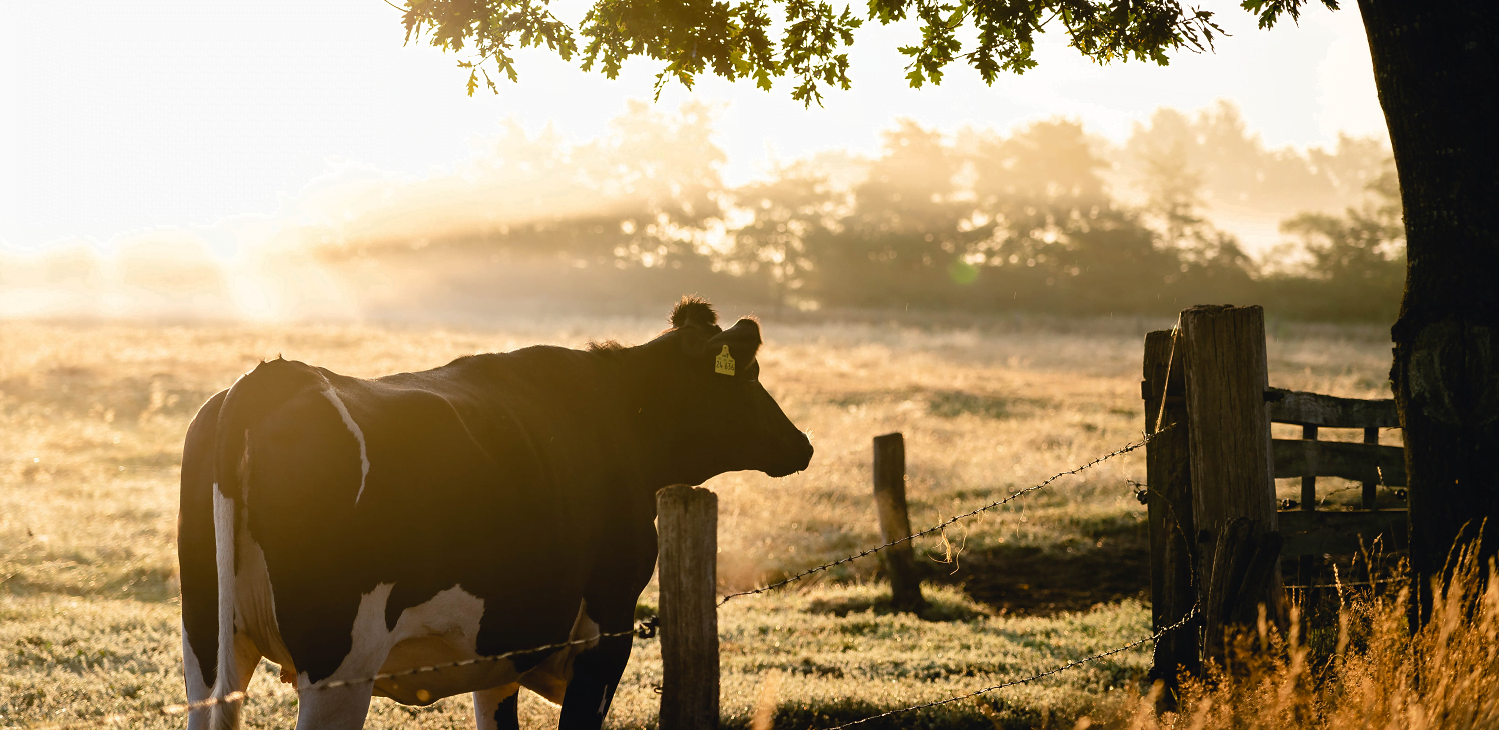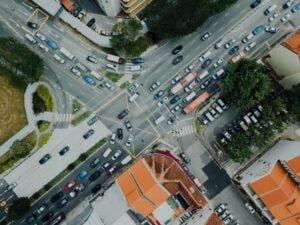This use case was initiated in collaboration with the Data Sharing Coalition, one of the founding partners of the CoE-DSC.
The EU has set ambitious (climate) goals for a future-proof food system. Providing insights into data from various sources in the agricultural sector contributes to achieving these objectives and leads to new insights and value creation for the farmer. In this use case, which focuses on dairy farming, our participant Impact IoT Solutions, together with amongst others HAN University of Applied Sciences, De Marke, and the Data Sharing Coalition, examines the value potential of new data sources for dairy farms and the most important conditions to unlock new data sources in dairy farming.
Sharing data is part of the Farm to Fork strategy
In the European Green Deal, the European Commission has set the goal to make Europe the first climate neutral continent by 2050. The Farm to Fork strategy has been developed as part of the European Green Deal. This strategy outlines what Europe needs to do to initiate the transition towards a future-proof food system; one of the main drivers behind achieving the European climate objectives. To succeed, the EU will need to reduce the climate footprint of the European food system and strengthen the resilience of the food system. In this context combating the loss of biodiversity is an important point of attention.
The Farm to Fork strategy is currently being developed into concrete measures that will form the basis for new legislation and regulations. One of the measures the EU is proposing is to set up a digital infrastructure that enables data sharing on a large scale. Sharing production, land use, and environmental data, amongst others, contributes to new insights and innovations, enabling agriculture companies to organise their activities in a smarter and more efficient way.
Value potential of data sharing for dairy farmers
Within the agricultural sector, dairy farming is one of the domains with innovation potential. This potential can be realised if more data is unlocked on and around the farm. For example, the Kringloopwijzer, an initiative of ZuivelNL (the chain organisation of the Dutch dairy sector) already helps dairy farmers to provide insight into environmental and climate performance. Dairy farmers can unlock data from various sources whilst being in control. This provides new insights that enable them to achieve, for example, a higher grass yield, less manure removal, and savings on the purchase of roughage or fertilizer.
However, the potential of data sharing is still insufficiently utilised within dairy farming. This is because dairy farmers and other actors such as veterinarians do not always have control over the availability and portability of data in systems. For example, the data generated by milking machines often remains the property of the machine supplier. As a result, the dairy farmer has insufficient control over what happens with this data and too little opportunity to unlock its potential value.
Unlocking (new) data sources in a use case
Our participant Impact IoT Solutions has the ambition to develop data sharing solutions for dairy farmers and utilise the value potential of (new) data sources. The focus is on providing insight into all important Key Performance Indicators (KPIs) of the farm in one single overview. In collaboration with amongst others HAN University of Applied Sciences, De Marke, and the Data Sharing Coalition, IoT Impact Solutions is working on a use case that examines what (new) value the unlocking of various types of data can provide for dairy farms. The research focuses on the health of dairy cattle. In many cases, the dairy farmer finds out too late that something is wrong with one of his/her cows. By applying artificial intelligence, using movement data, location data, and milking machine data, we examine possibilities to predict when something is wrong with an animal. In addition, we explore which important conditions must be met to make sure the dairy farmer can do this in a controlled and safe manner.
New legal framework gives the farmer more control over data
An important condition for utilising value potential is that farmers gain access to and control over data in the machines and software programs they use. A redistribution of data access and data usage rights, which are currently outlined in the contract the farmer has with various suppliers, seems necessary. For example, it is currently unclear who the owner of the data of a machine is on a dairy farm. Is it the manufacturer or the farmer? And who is allowed to use and share this data with third parties, to monetise it, or to create or use new services? A development that can provide clarity in this regard is the EU Data Act. It aims to improve the access to and portability of data in business-to-business contexts by creating a legal framework.
Do you want to know more about this use case? Or do you have an interesting idea to define and realise new cross-sectoral use cases of data sharing? Please send us an email at info@coe-dsc.nl.




